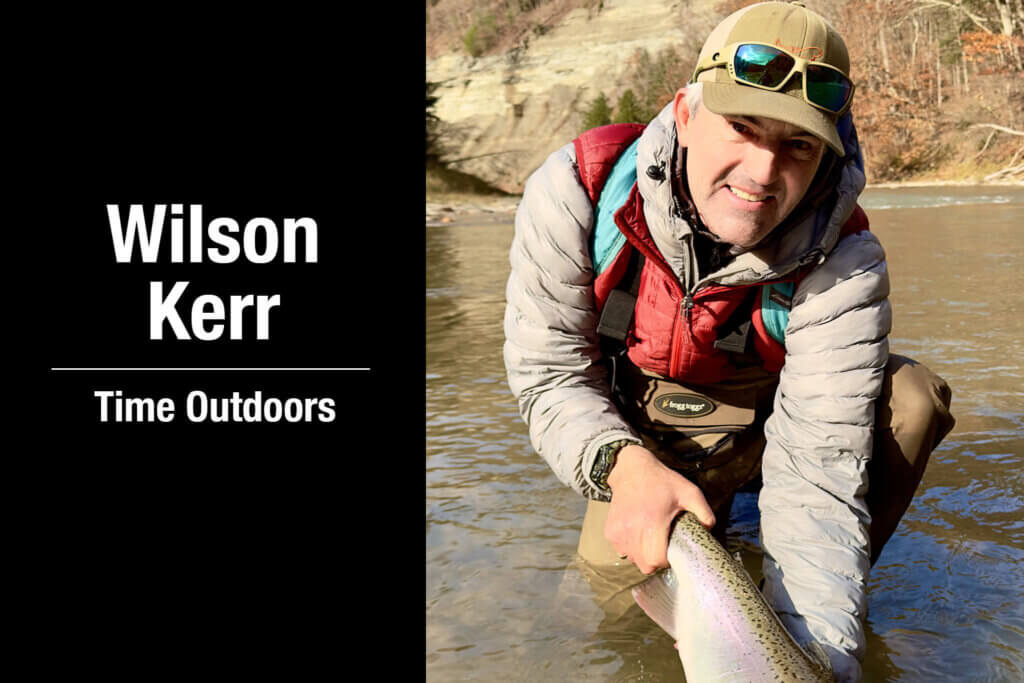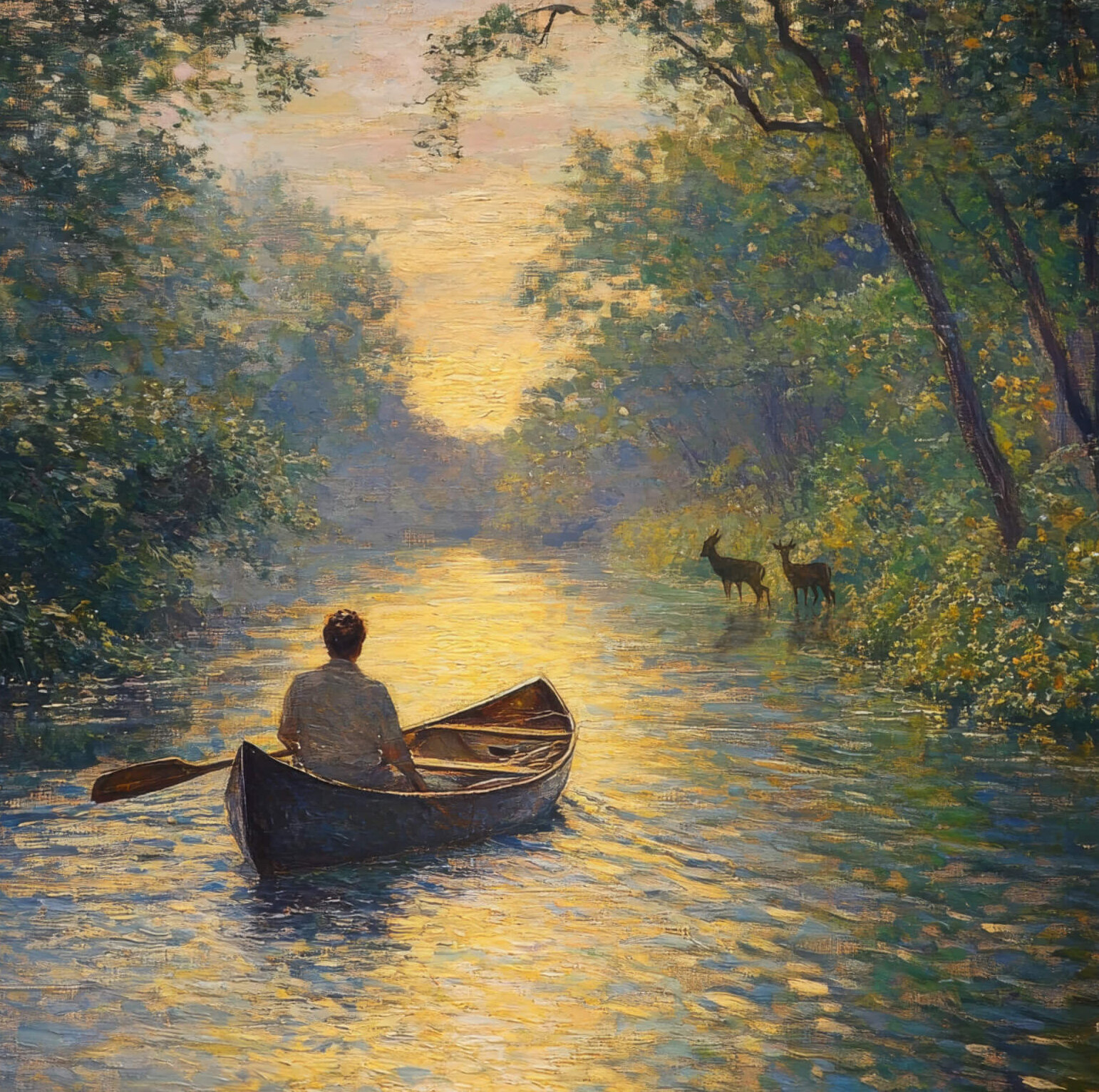By Wilson Kerr — Columnist
Nature in all its forms is magical, but rivers have a special energy. They meander along in a quiet, unassuming way, and yet, one grain of sand at a time, over eons, they literally create the landscape. If you have ever seen the Grand Canyon, you know the power of rivers.

Locally, their spring floods deposit sediment to adjacent land, enriching the soil. For this reason, hundreds of generations of native people were drawn here to grow crops and hunt and fish this verdant place they called Musketaquid — “where the waters flow through the grasses.”
The rivers and surrounding floodplains yielded an abundance we can scarcely imagine. Discarded freshwater mussel shells formed midden mounds so large that they can be seen as land features today.
The Assabet, Sudbury, and Concord rivers still provide ribbons of natural beauty that wind through our town, but these “riparian corridors” are now tucked away, unneeded commercially. We glimpse them from our cars as we hurry along. And yet they are no less essential, giving their fertile gifts to the land each spring and showing their natural beauty to those who explore them.
Floating downriver
A few weeks ago, I organized an adventure with my wife, Lynda, and our youngest daughter, Aquinnah. Our plan was to float the Assabet by canoe from near our house in West Concord to the confluence of the Sudbury, where the Concord is born. I say “float” because, by shuttling a second car to the boat ramp at the end, we’d use the current to travel the entire four miles downstream.
With paddles, our life jackets on, and lunch and assorted other gear in a dry bag, we pushed off from Cousins Field. I gave a perhaps-overly cautious safety briefing, to the mild amusement of my fellow adventurers.
It was a warm late-summer morning, and the current was slow and lazy. The lush, green foliage obscured familiar landmarks, and we soon realized we were seeing our town from an entirely new perspective. The river carried us through a sort of tunnel of quiet and beauty right through West Concord center.
Painted turtles slipped off logs, and sunfish swam off at our intrusion. Water bugs flitted across the surface tension, and we lost count of the great blue herons we saw. A belted kingfisher was a highlight, along with Canada geese, a killdeer, and a little green heron. Aquinnah and her sharp 7-year-old eyes spotted most of the wildlife before I did, which pleased me.
A stream of consciousness
The river showed us different personalities as we drifted along, wider and more open at the beginning and narrow and more energetic through town. Toward the middle of the trip, after we passed the prison to our left, the river shallowed and widened again.
A surreal moment came while passing under Route 2. Down on the river, it was quiet and peaceful, in stark contrast to the busy highway above us. At one point, we recognized a house on Barretts Mill Road, but most of the time, we were shielded from landmarks, gently paddling along, oddly OK with not knowing our exact location. We stopped for a picnic on the bank, sitting in a beam of sunlight, listening to the river burble and sing.
And yes, we did have to deal with some deadfall. There were no portages, but I had to push us over a log at one point, and a few tight maneuvers were required.
In the last half mile, the Assabet deepened, and we floated through forest. The banks were steeper on the right, but the left side was lowland, blanketed with ferns and mossy logs. We recognized where we were from walks to Egg Rock. And just then, Aquinnah shushed, “Deer.” A beautiful doe stood on the bank, calmly watching us. We drifted by in silence and exchanged “wow, that was cool” glances.
At home that night, we all agreed that to be carried by a river through our beloved Concord allowed us to feel a hint of a time before us. To observe and to imagine what once was — and still is. The river gave us this gift, and together, we were grateful.
_________________
Wilson Kerr lives in Concord and is an avid outdoorsman and amateur naturalist. This monthly column is written to help grow awareness of the wonders of nature. In this increasingly fast-paced and technology-packed world, it is important to stop and take in the beauty of our area and the animals that inhabit it. The author hopes this column will be read by families and used as a teaching tool and that you will spend more … Time Outdoors.



